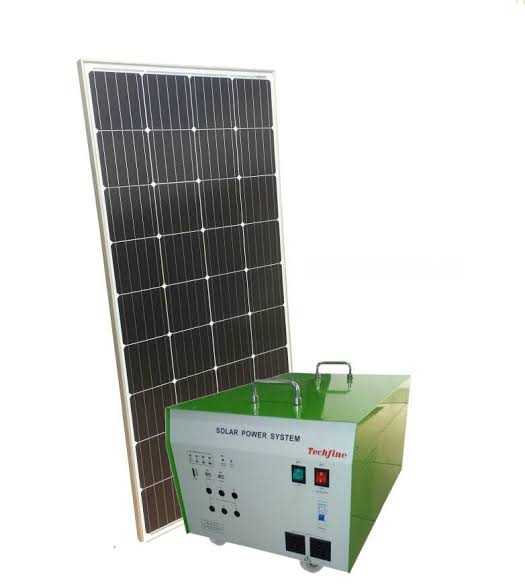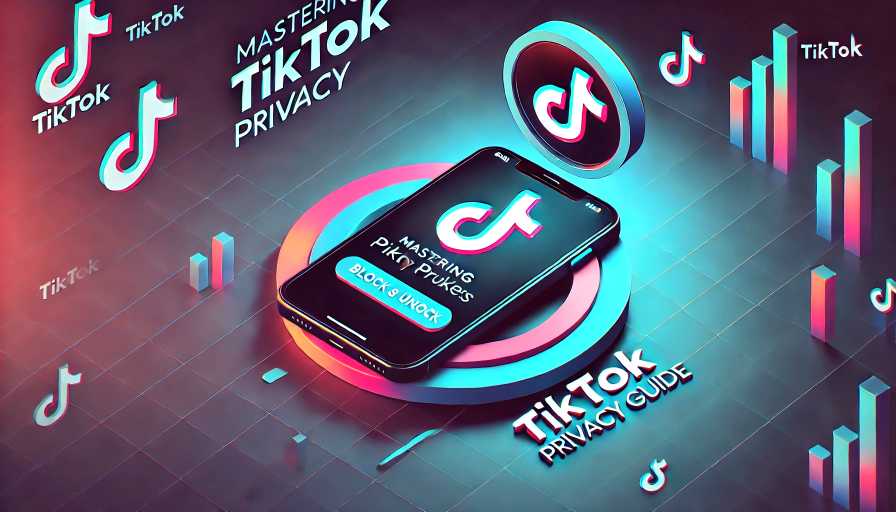In recent times, Nigeria citizens have been facing persistent issue of unreliable power supply, prompting the emergence of alternative electricity sources such as solar energy and inverters.
This guide aims to provide you with insights into the solar panel market in Nigeria, including information on prices, where to purchase, and the basic mechanisms behind solar energy conversion.
What is Solar Panel
Solar panels play a pivotal role in addressing the power supply issue by converting sunlight into electrical energy. This process involves the interaction between photons, particles of light, and negative atomic particles called electrons. In simpler terms, solar panels allow photons to knock off electrons, generating electricity in the process.
Mechanism of Electricity Generation
The flow of electricity generated by solar panels is in direct current (DC). To make this energy usable for household appliances, it needs to be converted into alternating current (AC). This conversion is facilitated by a solar inverter. Additionally, the electricity produced can be stored for later use in batteries.
Solar Panels + Inverter + Batteries = Electricity:
To break it down, the equation is simple: solar panels, when paired with a solar inverter and batteries, equals a sustainable and reliable source of electricity. This trifecta not only addresses the challenges posed by erratic power supply but also contributes to a cleaner and greener energy solution for a more sustainable future.
Solar Panel Prices in Nigeria
The prices of solar panels is crucial for making informed decisions. The market offers a variety of options, and it’s essential to explore the range of prices based on factors such as capacity, brand, and installation requirements.
Where and How to Purchase Solar Panels:
When ready to make a purchase, consider reputable dealers and suppliers who specialize in solar energy solutions. These professionals can guide you in selecting the right solar panels for your specific needs and ensure a seamless installation process.
In Nigeria, there are two main types of solar panels widely used, known as polycrystalline solar panels and monocrystalline solar panels. These solar panels are distinct in their composition and appearance, each offering unique features for solar energy enthusiasts.
Monocrystalline Solar Panels:
According to a reliable source, monocrystalline solar panels are crafted by forming silicon bars and then cutting them into wafers. These solar panels are recognized for their efficient energy conversion. Typically, monocrystalline solar panels exhibit a sleek black color, making them easily identifiable. The elegant black hue not only enhances their aesthetics but also signifies their superior efficiency when compared to polycrystalline solar panels.
Polycrystalline Solar Panels:
In contrast, polycrystalline solar panels are manufactured by melting silicon to create the wafers. These solar panels are characterized by a distinctive blue color, contributing to their visual appeal. While polycrystalline solar panels may be less efficient than their monocrystalline counterparts, they offer a more budget-friendly option for those seeking cost-effective solar solutions.
How much is solar panels in Nigeria
When it comes to solar panel prices in Nigeria, the market offers a variety of options to suit different needs and preferences. The prices can vary, typically falling within the range of N20,000 to N200,000 and above. However, several factors influence these prices, such as the size, power capacity, and type of solar panel. This guide aims to provide you of the best prices for various solar panels from reputable brands like LG, Trina, Skymax, Jinko, and many more – you can explore the detailed price list for reference.
Where to Purchase Solar Panels:
After evaluating solar panel prices in Nigeria, the next step is to determine the best place to buy them. You can consider purchasing solar panels online through any of these following, Kara, pricenow, or Jumia.
Why Choose Online Shopping:
Shopping for solar panels online offers a convenient alternative to traditional methods. It eliminates the need to search for physical dealers in Nigeria, saving you time and effort. The online platform allows you to effortlessly find and compare prices, place your order, and have the solar panels delivered to your doorstep anywhere in Nigeria within 3-6 business days.




